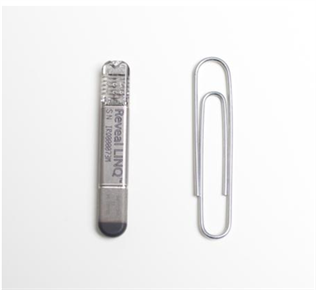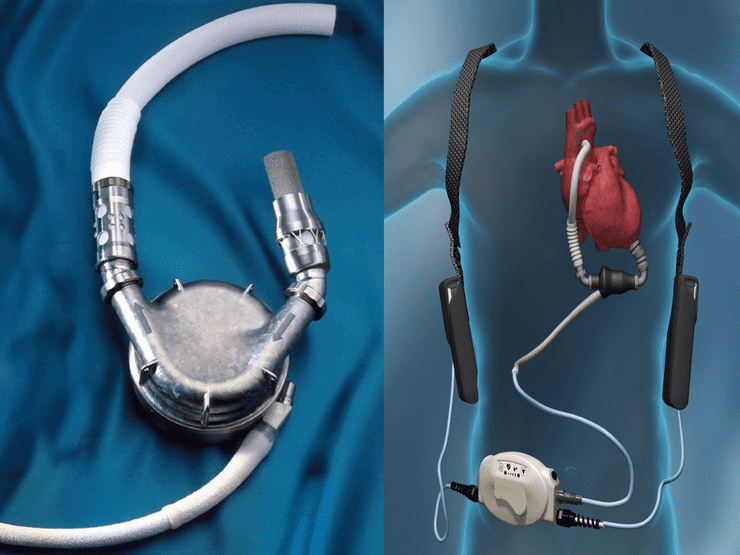

However, rare complications of infection or migration of the device can occur, and when these patients come to the emergency department (ED), the emergency physician must be able to discern which cardiac device the patient has implanted and just how life-threatening the presentation might be.Ī 63-year-old male presented to the ED with a chief complaint of “my cardiac device is coming out of my skin.” The device had been implanted two weeks prior to monitor his palpitations. Unlike the more invasive implantable cardiac defibrillator, pacemaker, or biventricular device, insertion of ILRs is less invasive and is often placed in an outpatient setting under local anesthesia. Implantable loop recorders (ILRs), on the other hand, are inserted subcutaneously and are able to continuously record cardiac activity for up to 3 years. You may want to save or print these questions and take them with you to your next doctor’s appointment.From unexplained syncopal events to undiagnosed palpitations, there are many cardiac conditions where patients benefit from closer monitoring.Įvent monitors and Holter monitors have been traditionally used to observe cardiac rhythm in patients, but these devices are externally worn and cumbersome, limiting their use. Is there anything else I can do to protect myself or get more information about my condition?.How often do I need to come in for an office visit while I’m being monitored?.How might these monitoring options affect my regular activities, such as working, being active, or caring for my children or grandchildren?.Which system would fit my lifestyle and/or condition?.How long should I be monitored to get the best information about my condition?.Would the information from continuous heart monitoring help pinpoint a diagnosis for my condition?.Would continuous, longer-term heart monitoring provide additional information about my health condition?.If you’re wondering about how advanced continuous heart monitoring might help guide your health care decisions, it’s time to talk to your doctor. READY TO TALK TO YOUR DOCTOR ABOUT HEART MONITORING? In some cases, your doctor may want to monitor how effective different treatments are at keeping your AFib under control. If you have AFib, or your doctor suspects that you do, cardiac monitoring may be recommended to determine how often and how long it occurs. Your doctor may recommend continuous heart monitoring to assist in diagnosis of health conditions, including:Ĭardiac Monitoring for Condition ManagementĪtrial fibrillation (or AFib) is a common condition in which the upper chambers of the heart beat very fast and irregularly. Cardiac monitoring is used to either identify or rule out a heart rhythm disorder and to determine the right course of treatment. Your doctor may suspect that health concerns, such as unexplained fainting or an unexplained stroke, may be related to your heart. Cardiac Monitoring to Support a Diagnosis Depending on your situation, your doctor may recommend heart monitoring. Continuous heart monitoring is useful for capturing irregular heartbeats that happen infrequently - in some cases, you may not even feel any symptoms.

Advanced technology makes it possible for your doctor to get information about the heart without interrupting your life.


 0 kommentar(er)
0 kommentar(er)
